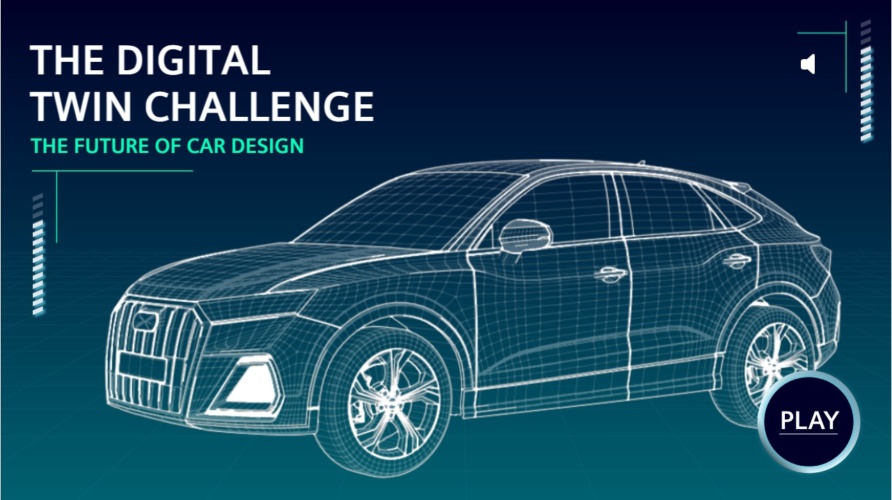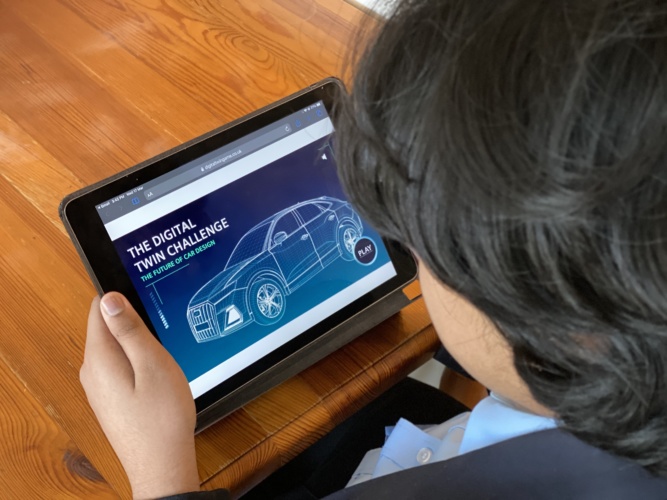
The Digital Twin Challenge is aimed at 11-14 year olds and involves designing and testing a vehicle that offers high performance, excellent range and protects the environment by finding the right balance of power, range, and emissions. Players can choose different body styles, engines, wheels and tyres to test their design in a real-time simulation to discover its outputs and how it performs on the road.
More from The Student Engineer
Once the right balance has been found, the player can customise the prototype’s colour and details before taking the car to the test track and then into production. The game, which can be played on smartphones, tablets and computers, is mapped to the National Curriculum and is supported by teachers’ notes with suggestions to expand and explore the subject further.
“We are delighted to launch our Digital Twin Challenge and continue our commitment to bring STEM to life and inspire the next generation of inventors and innovators,” said Brenda Yearsley, education development manager, Siemens GB&I.
“Powerful and complex simulation software used by our own engineers to design the products of the future have been simplified to give young people a fun and educational opportunity for them to use their creativity in a safe and sustainable way.”

The Digital Twin Challenge is the latest interactive game launched by Siemens Education exploring modern technologies such as digital twinning, IoT, augmented reality and cybersecurity. Gamification from Siemens has allowed young people to take on real-world STEM challenges such as Covid-19, sustainability and decarbonisation, and explore the impact of automation, digitalisation and electrification on individuals, society and the environment.
“There was a time when playing games was seen as frivolous, and it was eating away at time that should have been spent on study,” said Yearsley.
“There is no longer a disconnect between gamification and employability skills. Industry and education can now partner to connect creativity, hand eye coordination, fast thinking, problem-solving, and digital skills to the engineering and technology roles industry needs now and in the future.”




Red Bull makes hydrogen fuel cell play with AVL
Formula 1 is an anachronistic anomaly where its only cutting edge is in engine development. The rules prohibit any real innovation and there would be...